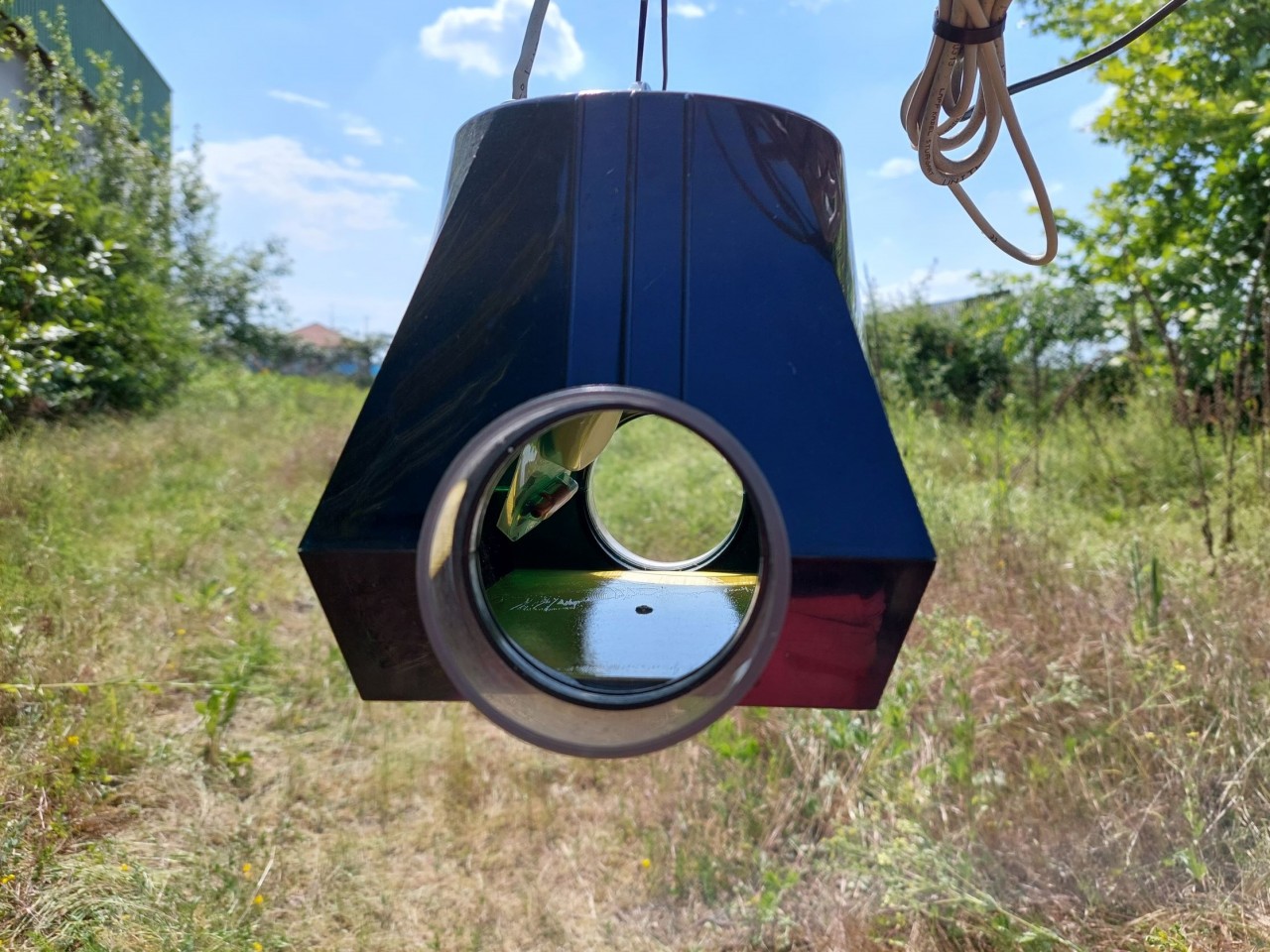A review of the progress made by PESSL II
PESSL INSTRUMENTS GmbH
Pessl Instruments GmbH has been producing reliable measuring instruments for 38 years and has developed various devices for the measurement and monitoring of different agricultural parameters, being one of the leading IoT providers for agriculture offering innovative and cost-effective solutions for more efficient farm management. Participating in the IPM-Popillia project gives PESSL a chance to put into the farmer's disposal all its expertise on sustainable agriculture and fulfill its mission to offer high added value and customized cost-effective solutions and contribute to global environmental protection.
ABOUT THE PROJECT
IPM-Popillia project, funded by @EU Horizon 2020 research and innovation programme, started in September 2020. Our expert team, presented earlier on this blog post, has been working on a monitoring device with the aim of P. japonica detection and monitoring.
The insect traps our team evolved include electronic devices with 10 MP lenses on the top of the housing and are self-sufficient through a battery and a solar panel. The traps are equipped with sensors collecting climatic data, like temperature, relative humidity, or wind, which will be used to get more detailed insight into the flight behavior of P. japonica. In addition, the trap system is equipped with a lure, attracting the target species entering the trap system. After entering the trap, insects get fixed and photographed. The photos serve as a base for the development of an automatic detection tool specifically for P. japonica. Deep learning systems using artificial neural networks are training the system to detect and separate the targeted insect from non-targets, as previously presented on this blog post.
The prototype traps produced by PESSL were planned to be installed in high-risk areas during the first introduction of the P. japonica, to evaluate the innovative monitoring tool under field conditions. In addition to the remote-controlled evaluation, catches of these traps are planned to be evaluated also manually by the experts. The results of these monitoring efforts will be then compared with automated monitoring results and will provide feedback for optimizing the detection software.
PROGRESS OVER THE PAST MONTHS
Exactly one year ago, in June 2021, eight devices have been installed and equipped with a SIM Card and a specific "ADD-On" for targeting specifically P. japonica. The insects got fixed on the glue board and photographed over the past months. The results were analyzed and used by our team to improve the system, and finally, the second batch of 6 prototypes have been produced, shipped, delivered, and installed out in the field in the Azores, Italy, Switzerland, and France.
PESSL thanks all colleagues and partners involved in the process of having these 6 prototypes up and running, from the selection of the sites to finally the installation of devices in the field:
- Nelson Simões & Màrio Brum Teixeira and their team on the Azores,
- Giovanni Bosio and his team in Piemonte,
- Luca Jelmini & Michela Meier and their team in Ticino, as well as
- Nathalie Gourbeau from Service Régional de l'Alimentation (SRAL) in Strasbourg.
Photos: iSCOUT Installation on field site (Italy)
WHAT'S PLANNED FOR THE FUTURE?
- Supporting those field monitoring technically.
- Training and evaluation of AI methods for species-level annotation.
- Evaluation and comparison of catches with manual used trap devices
- Improvements in technical aspects (wire connections, Add-On stability in windy areas,…)
ABOUT THE AUTHORS:
Dr. Christina Pilz, Product manager for camera solutions and team lead
I started working for PESSL in November 2014, while being responsible for the Decision Support Systems in Plant Health Management (Disease models and Camera Products). Previous to Pessl's career, I collected professional experience particularly in the biology and microbiological control of agricultural pest insects, having studied agriculture at the University of Agriculture and Applied Life Sciences (BOKU) in Vienna and working, at the Research Station Agroscope in Zürich as well as at the Plant Protection Service in Hungary and at the Agency for Health and Food Security, Austria. At PESSL I started by supporting the development of disease model implementations and for around four years my focus lay also on electronically monitoring devices of pest insects in viticulture, agriculture, and fruit production.
M.Sc. Junia Rojic, Project support officer
At PESSL, I am responsible for all the administrative tasks related to projects, including among other proposals, reports, deliverables, time schedules, meetings, minutes, and budget control. I majored in Industrial Engineering at the Federal University of São Carlos, Brazil, recognized in Austria as a master's degree in Materials Science. With more than 12 years of experience in Project Management, including many years in Brazil working at R&D and IT companies, I am delighted to be part of a European Project, with many important stakeholders, and most importantly, supporting agriculture and food production in the 21st century. In my free time I do sports, but also enjoy spending some time reading.
By accepting you will be accessing a service provided by a third-party external to https://www.popillia.eu/






